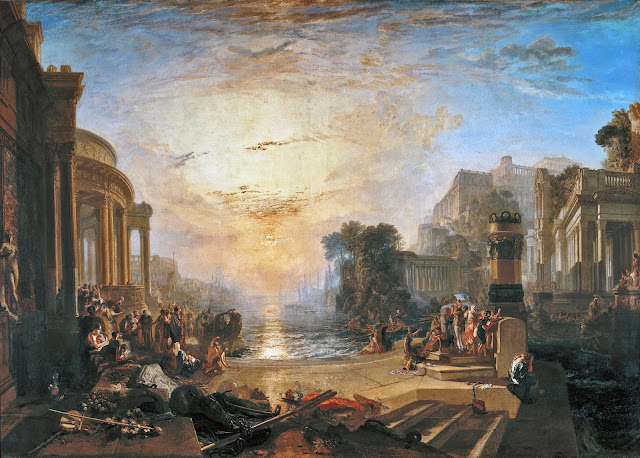These hundred years of turmoil were punctuated with persecutions. One of the most famous of the time was Cecilia.
St. Cecilia is the patroness of musicians and Church music because during her martyrdom, she sang to God.
As we have said before, not too much is clear about this early part of Church history. We have pieced together as well as we could the story of St. Cecilia.
St. Cecilia’s feast day is celebrated on November 22nd.
The Mass of Saint Cecilia prays:
“Arise, soldiers of Christ, throw away the works of darkness and put on the armor of light.”
She is one of seven women, excluding the Blessed Virgin, commemorated by name in the
Canon of the Mass. She is thought to have died in the mid to late 230’s AD, since she is linked with Pope Urban, who died 230 AD. Who was succeeded by a string of martyred popes, during this persecution.
Cecilia was given in marriage to a pagan youth named Valerian. She had been a Christian since childhood, doing penances and fasting, while invoking the saints, and angels, to guard her virginity. Making a vow of virginity to Jesus before her parents had betrothed her; she begged that her parents wouldn’t marry her off. Some mistakenly say when telling her story, that she was betrothed to an angel. But this is silly. She, like all consecrated virgins in the Church, was betrothed to Jesus Christ. The angel in the story was just her protector. Angels do not marry.
Mark 12:25
“For when they rise from the dead, they neither marry nor are given in marriage, but are like angels in heaven.”


